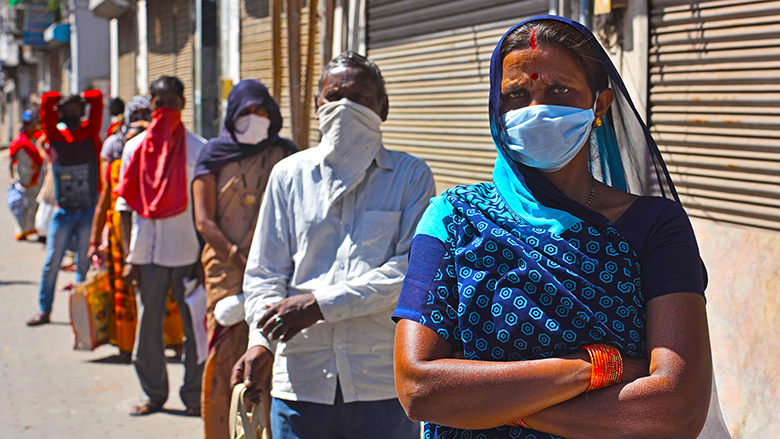
Everyone discusses the pride associated with earning that “Dr.” title. However, few address the difficult journey through medical school: the loneliness, fatigue, and hidden struggles.
There’s no shortage of individuals urging you to put in the effort. What they fail to convey is that sometimes, sheer hard work may still fall short. In Pakistan, more than 180,000 students take the MDCAT annually, vying for a limited number of seats. Worldwide, around 70,000 students attempt the MCAT. In the midst of this, you become merely another face in the masses, striving for recognition in a harsh system. I have witnessed deserving candidates overlooked by a system where privilege frequently overshadows ability.
Then arrives the more challenging phase — enduring it. Medical education in South Asia isn’t merely a choice; for many, it’s an obligation set by family and society. Parents plunge into debt to enroll their children in private institutions, yearning for prestige in return. Yet, as stress mounts and performance dips, the very families that once championed the dream start to mock the child they pressured. In Pakistan, this path is laden with financial burdens. For those aspiring to train in the U.S., the expenses for exams and applications can exceed $20,000; a sum that is simply unattainable for many.
Emotionally, this journey is draining. You’re thrust into social environments where everything turns into a competition, from academics to personality. I have been the student who felt out of place. I have collaborated with high achievers, toxic peers, gatekeepers, and those who always seemed to know the way forward. And in spite of it all, I felt left behind.
For those possessing multiple talents, the situation worsens. There is no room for extracurriculars. No space for the arts, writing, or even rest. The influencers who romanticize the medical field seldom reveal this aspect. You withdraw from friends and family. You become isolated. Ultimately, you reach a state of burnout — profoundly, quietly, entirely.
You also begin to battle with self-esteem and self-perception. While others thrive, you feel as though you’re sinking. Social skills, communication, even kindness — they morph into tools in a race to the summit. Within this harmful system, the fundamental concepts of medical ethics — autonomy, beneficence, non-maleficence, and justice — feel like empty textbook jargon. You witness classmates undermining others simply to get ahead, understanding that ultimately, you all converge in the same overcrowded employment market.
I’ve observed societies dismiss talented students for lacking the “appropriate” connections. I’ve seen teachers fail students merely for voicing their opinions. I’ve felt the sting of classism, noting how students from less affluent backgrounds receive different treatment. And most troubling? This injustice becomes commonplace, accepted. As if it’s acceptable that opportunity is confined to the privileged.
What seldom receives acknowledgment is the complete lack of mental health awareness. In South Asian households, you’re taught to remain silent, to persevere, and to never request assistance. Thus, when you stumble, either academically or socially, you’re met with shame and criticism, rather than support. Depression is seen as a flaw. Burnout goes unnoticed. Success is the sole currency that holds value.
Furthermore, many medical colleges enforce strict attendance requirements and have elevated passing marks to unrealistic thresholds. These adjustments do not motivate students to strive harder — they push them toward their breaking points.
Disturbingly, the data confirms this reality. A 2022 systematic review published in the Journal of the Pakistan Medical Association revealed that nearly 9 out of 10 medical students in Pakistan experience mental distress (Azim et al., 2022).
A 2025 BMC Medical Education study also indicated that burnout, depression, and anxiety are on the rise globally among medical students due to academic pressures and the competitive climate.
Even more concerning, a study in F1000 Research discovered that 58 percent of medical students had consumed alcohol, 21.9 percent smoked, and 13.7 percent had used illegal substances — largely driven by peer pressure and burnout. We tend to avoid discussing substance abuse in our communities, but it exists, sometimes as the sole escape when nothing else seems manageable.
And this represents just one of the many consequences of the injustices medical students confront daily.
This issue warrants considerably more attention than it currently receives. For a profession held in high regard globally, the system that molds future physicians must also afford them respect in return. We are human before we are doctors, and we deserve the opportunity to breathe.
If this continuous cycle of discrimination and emotional fatigue remains unaddressed, it will keep silently eroding potential, talent, and lives.
* Momeina Aslam is a medical student in Pakistan. *